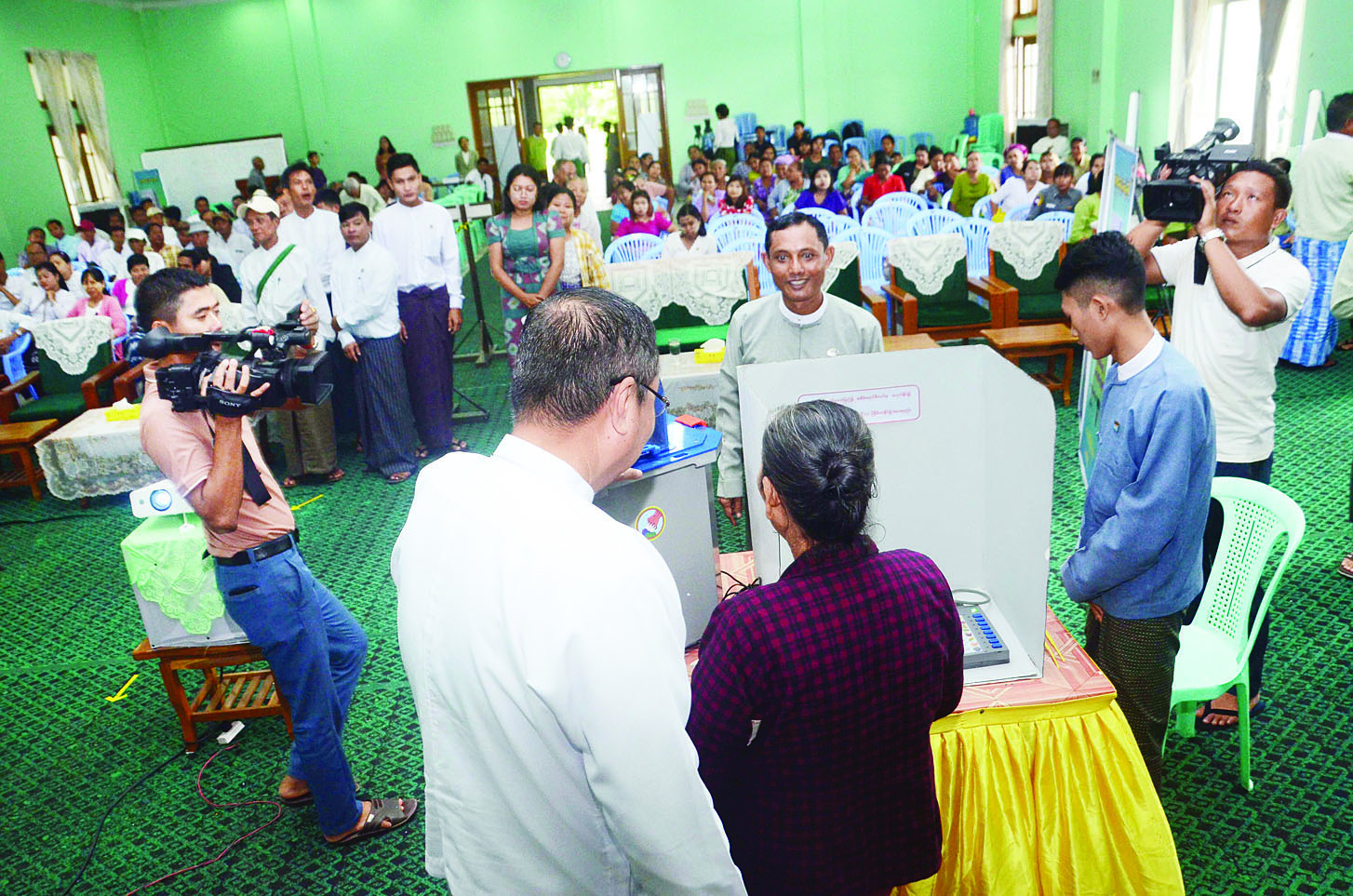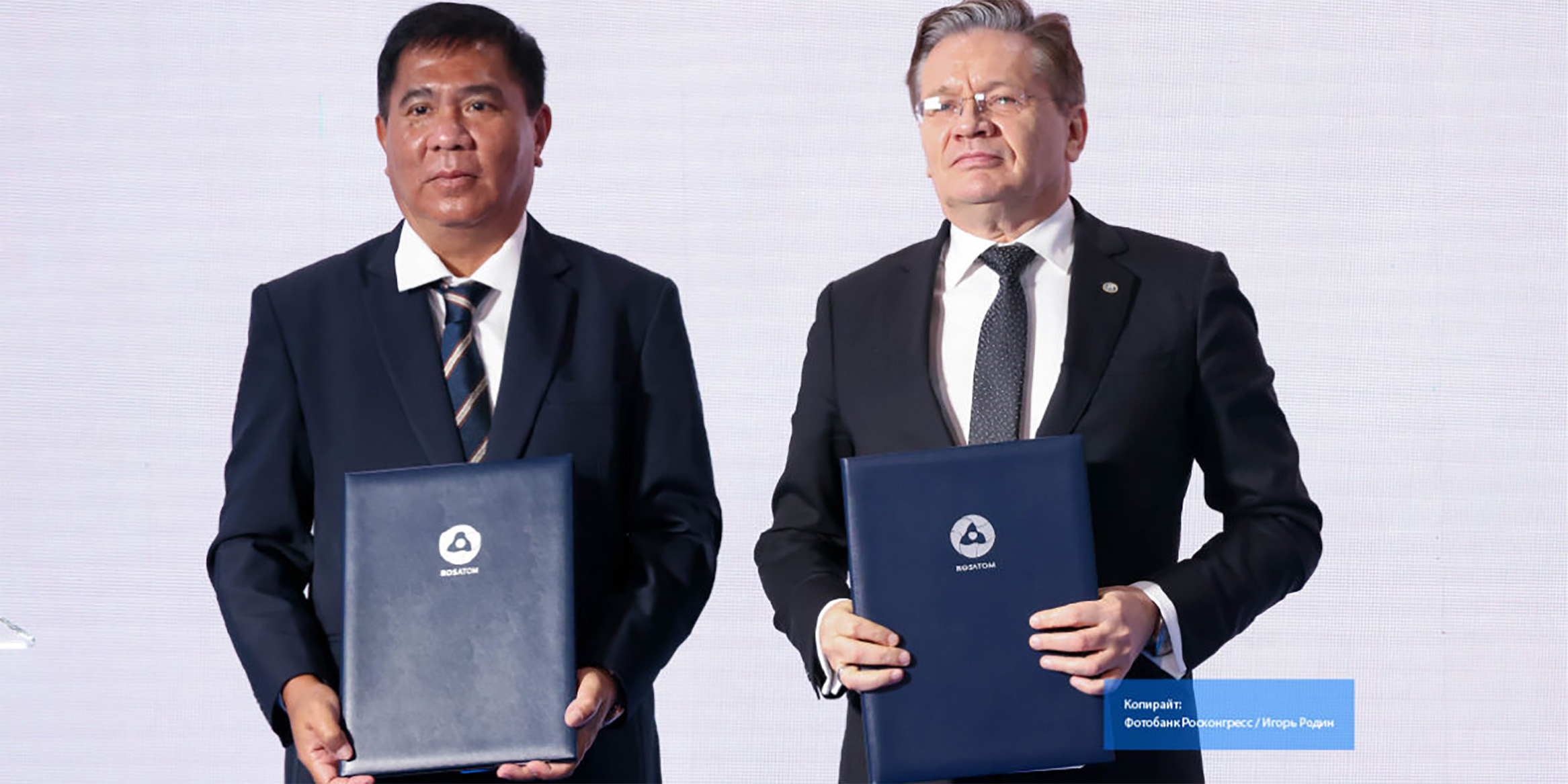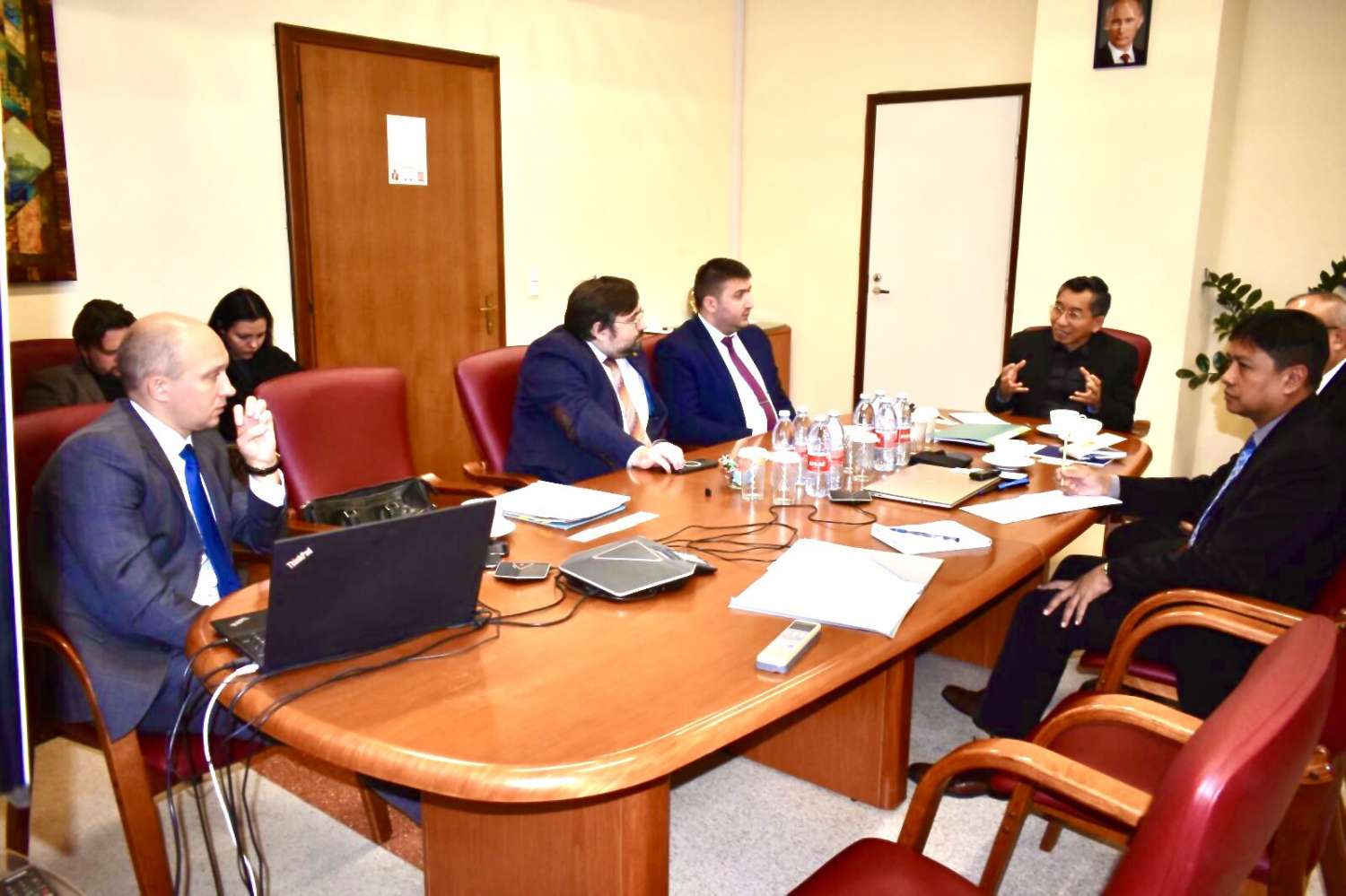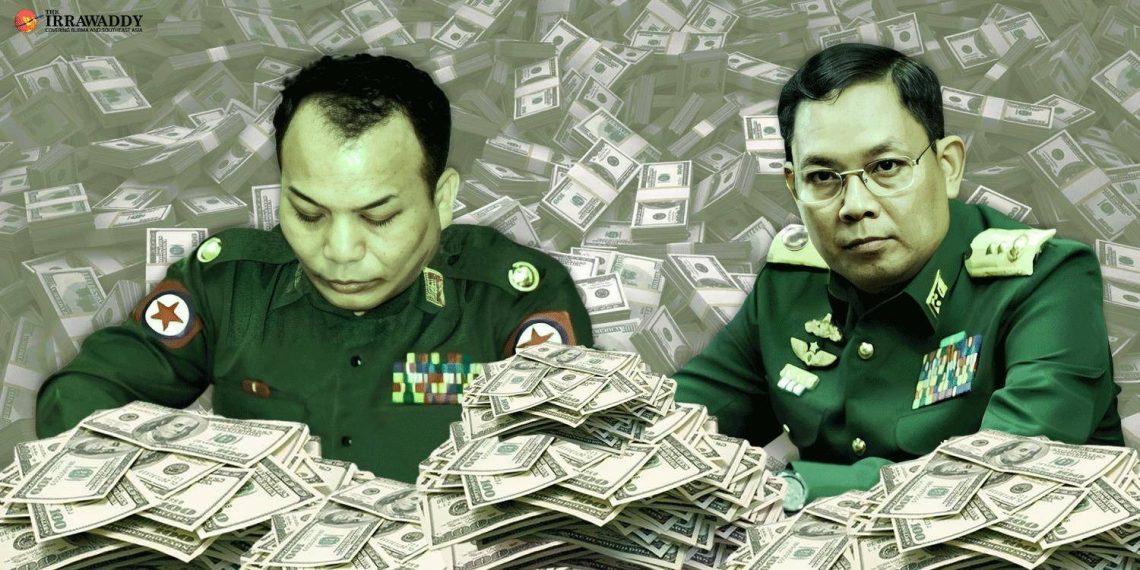The regime cracked a joke on the Myanmar people on Wednesday when its Foreign Ministry issued a statement saying, “Myanmar is concerned about the ongoing violence in the Middle East and is closely monitoring the situation.”
The junta apparently wants to exploit the fighting between Israel and Hamas by posing as a powerful nation with influence over global issues. The regime then made itself a laughingstock by calling on “relevant parties to exercise restraint and to resolve the issue peacefully” – having committed numerous massacres with indiscriminate air and artillery strikes against civilians since its 2021 coup. The latest junta atrocity came last Monday when its troops shelled a camp for internally displaced people, killing at least 29 people including 13 children, according to local reports.
Meanwhile, the soaring death toll in Israel includes dozens of migrant workers from Southeast Asia.
Myanmar’s neighbor Thailand has responded by ordering its air force to rescue Thai citizens stranded there.
No such luck for Myanmar nationals stuck in Israel: the regime has told them to stay in their homes. The Myanmar embassy in Tel Aviv has reportedly offered some hope, saying it would arrange repatriation flights for its citizens “upon request”.
Mockery of democracy

The junta-appointed Union Election Commission (UEC) has launched the first public trial of its new electronic voting machines, inviting civilians to join a mock election in Naypyitaw.
The UEC had previously demonstrated the Myanmar Electronic Voting Machine (MEVM) to junta boss Min Aung Hlaing, generals, soldiers, civil servants, and political parties.
Locals from eight townships in the administrative capital began testing the machine on October 11. The mock vote will continue until the end of November, as part of the regime’s repeatedly postponed plan to hold a so-called general election.
However, most people in Myanmar have no interest or trust in the poll proposed by junta boss Min Aung Hlaing, who seized power following a 2020 general election that international observers said accurately reflected the will of voters.
What’s worse, current UEC chairman former Major-General Thein So is the same man who managed to fiddle early votes for the military’s proxy Union Solidarity and Development Party (USDP) when he oversaw the 2010 general election.
Though the regime has yet to appoint a date for the election, opposition forces at home and democracies including the US say any vote organized by the regime will be neither free nor fair.
Myanmar and Russia Sign Nuclear Power Plant Deal

The junta’s technology minister is at Russian Energy Week trying to address the country’s power crisis. Read more:
Myanmar Junta Seeks AI Tech from Russia to Pump More Oil

Myanmar asks Russia to provide artificial intelligence technology to extract oil from wells that do not have much left in them. Read more:
Two Myanmar Junta Generals at Center of Corruption Scandal Jailed for Life

Moe Myint Tun and Yan Naung Soe were imprisoned and stripped of their military positions for treason and violating economic policy for personal gain, the regime said. Read more:
